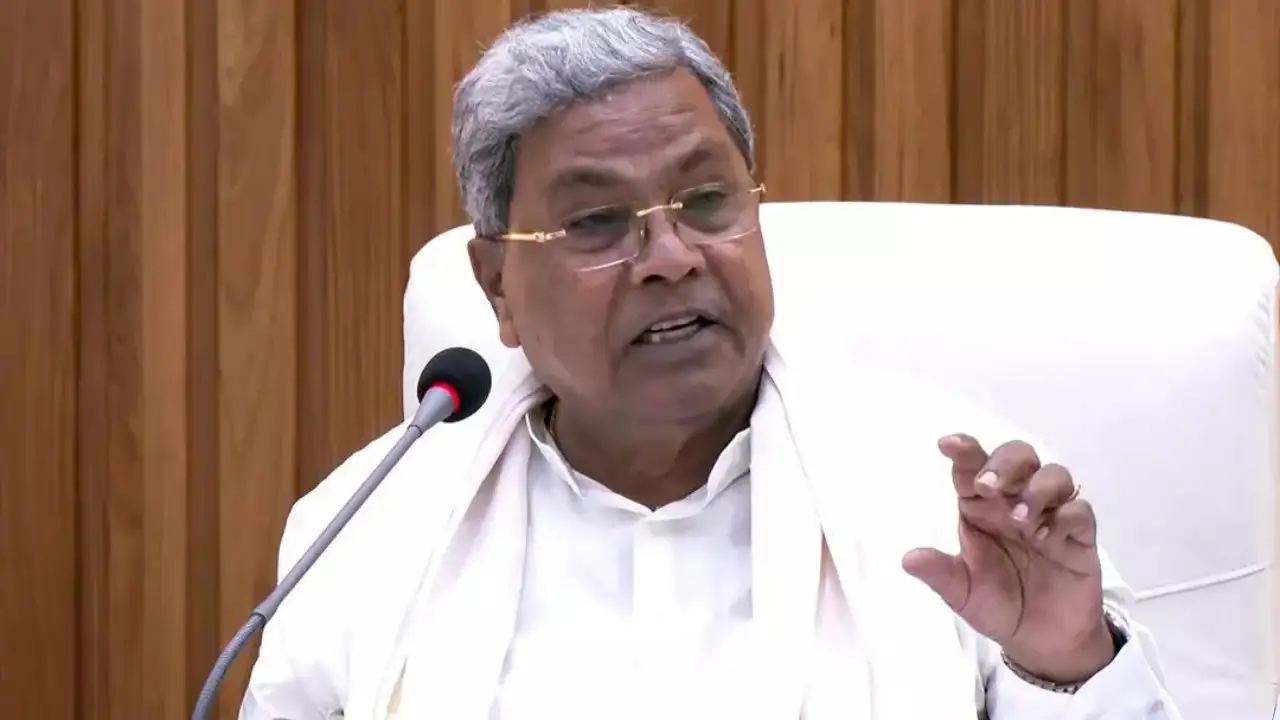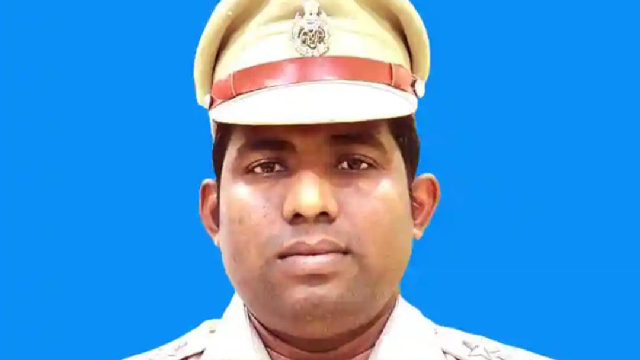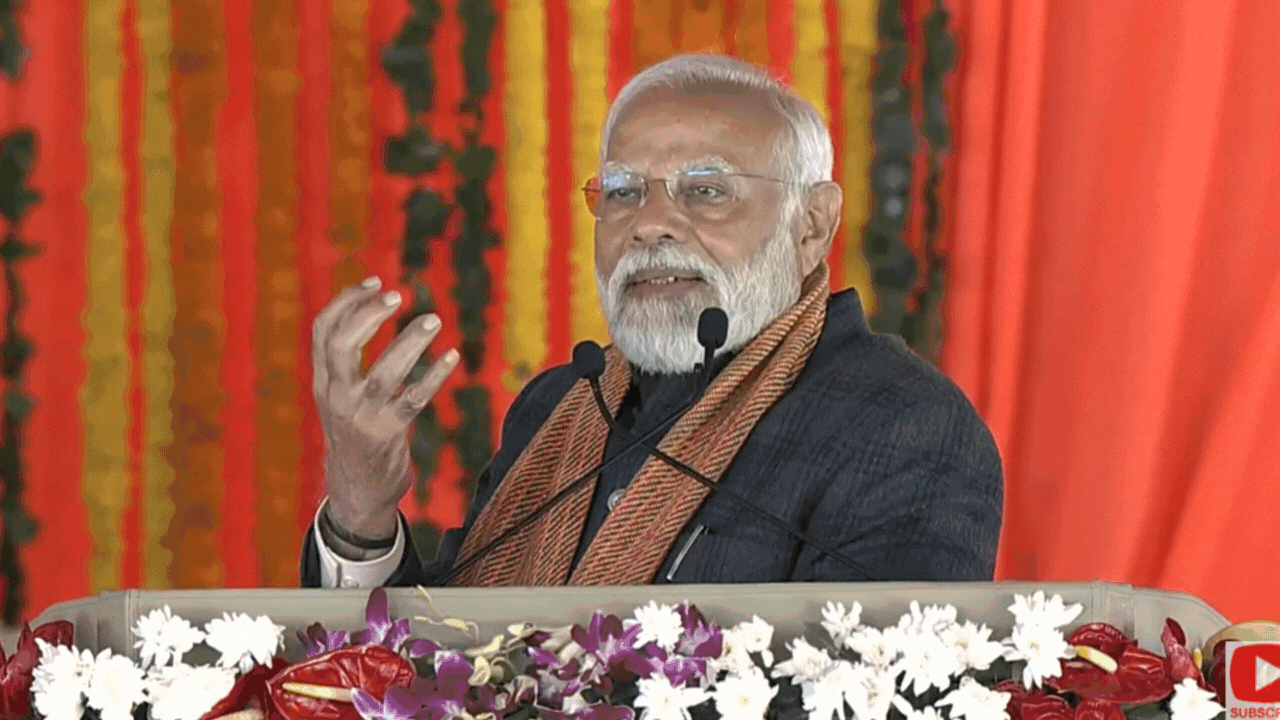Now Reading: Stampede Fallout: Karnataka CM Orders Arrest of RCB, KSCA Executives and Suspends Bengaluru Police Chief
-
01
Stampede Fallout: Karnataka CM Orders Arrest of RCB, KSCA Executives and Suspends Bengaluru Police Chief
Stampede Fallout: Karnataka CM Orders Arrest of RCB, KSCA Executives and Suspends Bengaluru Police Chief

Karnataka Chief Minister Siddaramaiah has taken the unprecedented step of ordering the immediate arrest of Royal Challengers Bengaluru (RCB) and Karnataka State Cricket Association (KSCA) officials after a stampede outside Bengaluru’s M. Chinnaswamy Stadium left 11 people dead and more than 60 injured. The crackdown—announced just three days after RCB’s IPL victory parade—also saw the city’s police commissioner suspended, signalling a zero‑tolerance stance on lapses in public‑event safety.
What Triggered the Action
The tragedy unfolded on 2 June when thousands of fans thronged the stadium for a celebratory felicitation of the IPL champions. Poor crowd‑control measures and inadequate exit routes reportedly caused panic, leading to a fatal crush at Gate 4. Preliminary police reports cite overcrowding far above permitted limits and missing emergency protocols.
Swift Political Response
On 5 June the Chief Minister directed the Director General of Police to arrest senior executives from RCB, KSCA and event partner DNA Entertainment Networks on charges of culpable homicide not amounting to murder, unlawful assembly and negligence. A judicial commission led by retired High Court judge Justice Michael D’Cunha will submit its findings within 30 days. The Criminal Investigation Department (CID) has already taken over two FIRs registered by Cubbon Park Police.
Police Accountability in the Spotlight
Bengaluru Police Commissioner B Dayanand, Additional Commissioner (West) Vikash Kumar Vikash and DCP (Central) Shekhar H. Tekkannavar were suspended for “gross dereliction of duty.” Critics argue that inadequate deployment of personnel and ignored safety advisories exacerbated the crisis. The government insists the suspensions show it will hold law‑enforcement officials to the same standards as private organisers.
Corporate and Sporting Communities React
RCB issued a brief statement expressing sorrow and pledging full cooperation. KSCA maintained that it secured the necessary permissions, while event firm DNA Entertainment acknowledged “operational oversights.” Industry observers fear the arrests could deter future large‑scale sporting celebrations unless clear safety guidelines are codified.
Lessons for Tier‑2 Cities
Cities such as Indore, Bhubaneswar and Rajkot—ambitious hosts of IPL matches and fan parades—are watching closely. Urban‑planning experts say the Bengaluru stampede highlights the urgency of updating municipal bylaws on event capacity, installing real‑time crowd sensors and conducting mandatory evacuation drills, especially in venues surrounded by narrow roads common in mid‑sized Indian cities.
Public Sentiment and Political Undercurrents
While many citizens support the tough action, some civil‑rights groups warn against “arrest‑first” politics, arguing for a more evidence‑driven approach. Opposition parties have called for compensation packages and long‑term trauma care for victims’ families, pressing the state to match accountability with relief.
Conclusion
The Bengaluru stampede has jolted authorities into confronting the safety gaps that mar India’s growing sports‑entertainment ecosystem. By ordering high‑profile arrests and suspending top police officers, Chief Minister Siddaramaiah has set a stern precedent. Whether these measures translate into lasting reforms across Karnataka—and inspire safer event protocols in Tier‑2 cities nationwide—will depend on the findings of the judicial probe and the willingness of all stakeholders to prioritise public safety over celebratory spectacle.

























